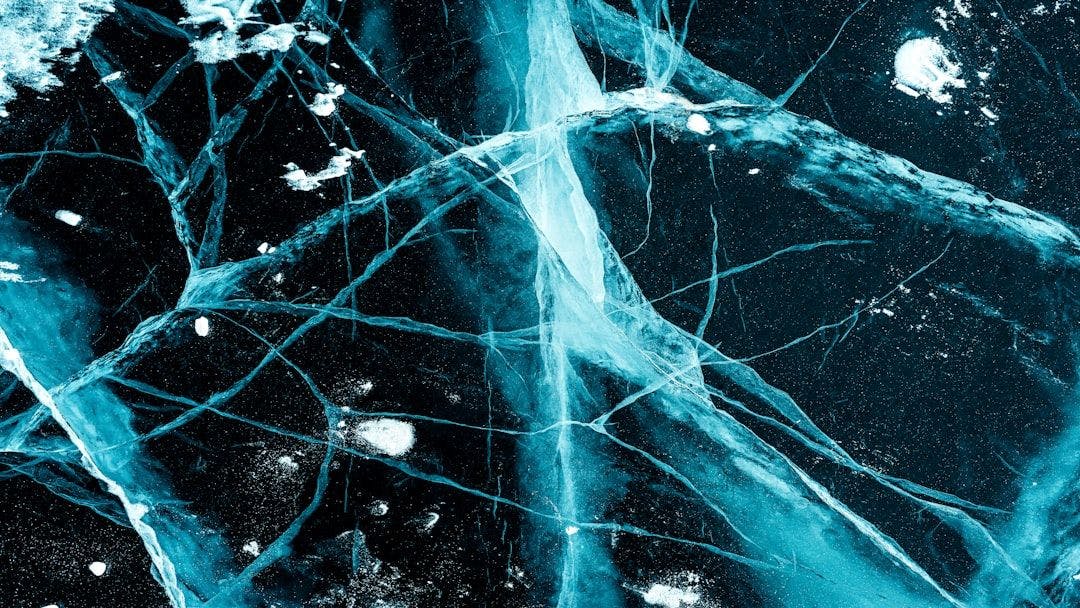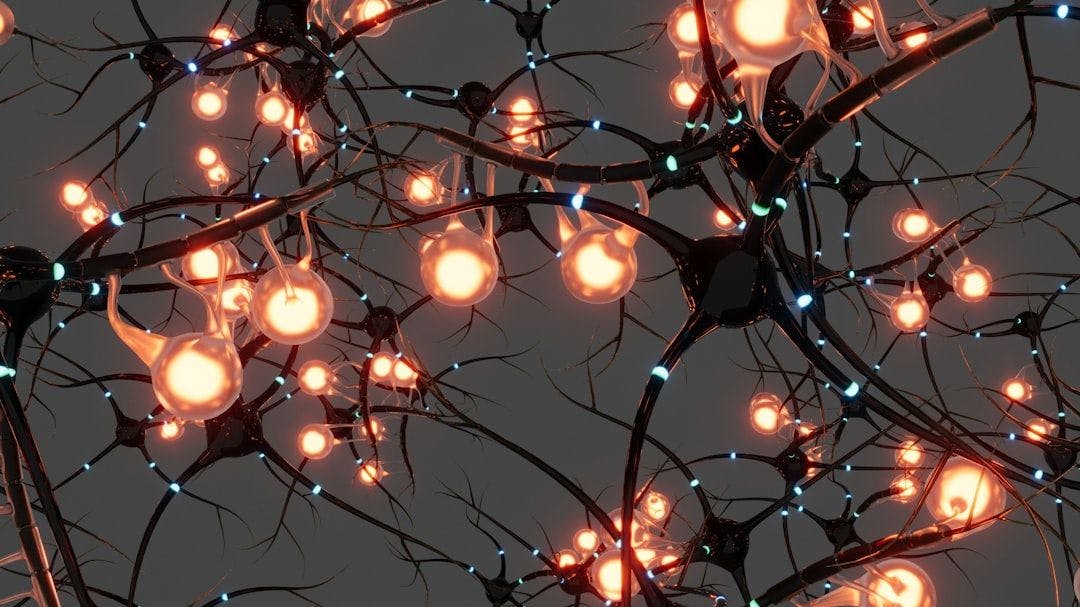
Why Neural Darwinism Might Be AI's Best Path to Consciousness
23 Oct 2025
A genuinely self-aware artificial mind might be created using neuroscience, as demonstrated by Gerald Edelman's lost blueprint to machine consciousness.

The Biological Principles Needed to Engineer Conscious AI
23 Oct 2025
Discover Edelman's ten-step process for creating a conscious computer that draws inspiration from embodied intelligence and neuroscience.

Gerald Edelman's Radical Ideas About Mind, Memory, and Machines
23 Oct 2025
After 15 years, Edelman's 2006 blueprint for creating a conscious machine was found and made public.

Conscious…But Not Like Us: Charting the True Path of Artificial Minds
13 May 2025
AI may achieve new forms of consciousness, but clear distinctions from human consciousness and precise definitions are essential for future research.

Can AI Be Conscious? Why Science Needs New Words for Machine Minds
13 May 2025
Clarity in defining AI consciousness is key; new language and frameworks are needed to capture non-biological minds and guide responsible research.

Why Language Models Lack Conscious Meaning (and What Brains Do Differently)
13 May 2025
Conscious brain processing shows unique, dynamic integration and meaning-making absent in current AI, which excels at syntax but not true understanding.

Robots Don’t Improvise: The Art of Spontaneity from Brains to Bots
13 May 2025
Unlike brains, most AI lacks true spontaneous activity, embodiment, and creative flexibility-key ingredients for consciousness and human-like innovation.

Can AI Grow Up? Why Robots Don’t Have Childhoods (Yet)
13 May 2025
AI lacks the evolutionary, epigenetic, and developmental paths shaping human consciousness-limiting its potential for true self-aware or reflective minds.

How Evolution Shaped the Brain’s Unique Architecture Compared to Computers
13 May 2025
Brains evolve through genetic and developmental variability, yielding unique architectures-unlike the fixed, identical hardware of computers and AI.
